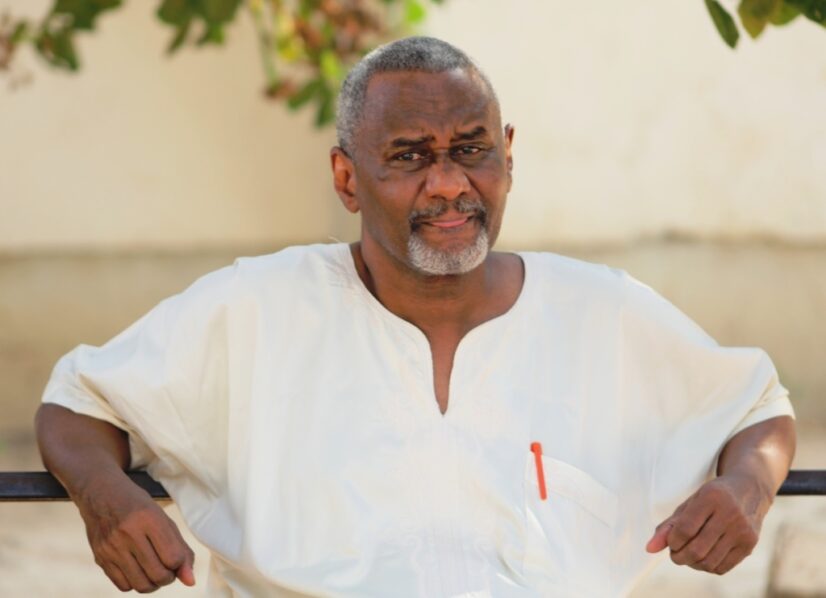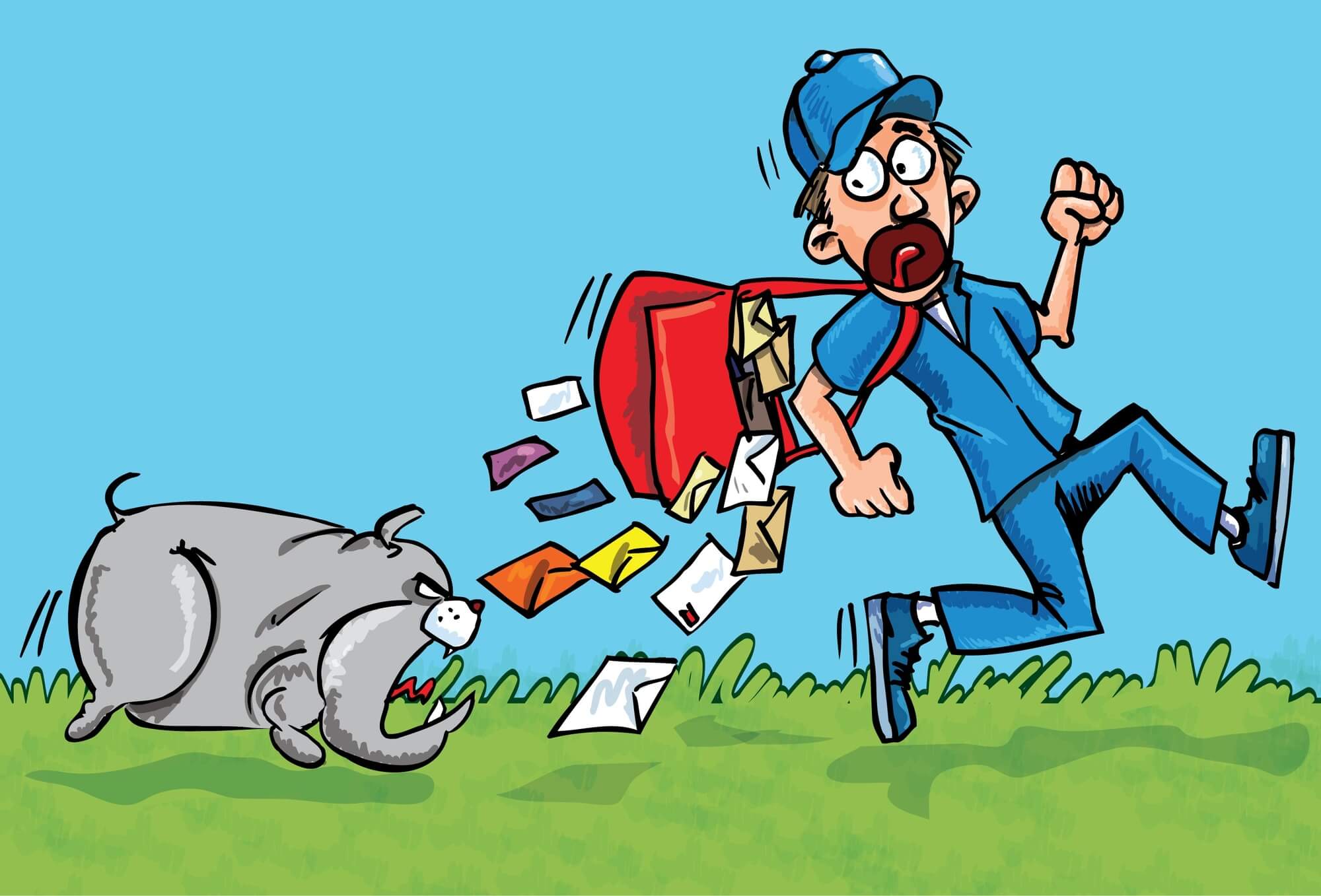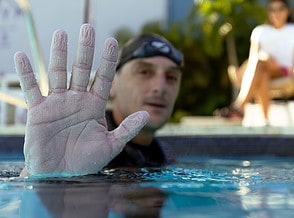If you purchase seeds from external sources every year, your gardening efforts might not be as sustainable and resilient as you think.
Published July 12, 2023 02:23PM EDT
Seed security is something that many gardeners may overlook. Even those who have embraced sustainable gardening will often be reliant on other systems outside the garden for the seeds that they sow each year.
When you purchase seeds to sow from external sources annually, your gardening efforts might not really be as sustainable and resilient as you imagined. During the early days of the pandemic, for example, demand for seeds soared, and many seed companies sold out and/or were simply unable to fulfill orders. Without seed security, there are no guarantees that you will be able to grow your garden as planned.
Do You Have Seed Security?
To have seed security, it will be necessary to take complete control over where the seeds that you sow come from. It will also be necessary to make sure that you have sustainable systems for storing the seeds that you save and be able to do so successfully.
Though we may feel that we have a safe and reliable source for the seeds that we purchase, there are no guarantees that we will still have that source next year. When we are reliant on external sources for seeds, we cannot be entirely sure of that source, which means we cannot say that we are entirely secure.
To truly have seed security, you must:
- Save your own seeds from the crops that you grow.
- Store those seeds correctly until ready to sow.
- Have built-in redundancy in seed-saving systems, building up a reliable seed bank (both in the soil in a garden and indoors) over time.
- Save and sow seeds successfully over multiple years.
Only when you do so will you be able to say that you have seed security.
Of course, seeds are not the only method of propagation. But they are typically the most important ones for food-producing gardens.
That said, as well as considering seed security and seed saving, sustainable gardeners should also think about taking cuttings, division, layering, and other methods of propagation to take more control over the sources for the plants that they grow in their gardens.
How to Gain Seed Security for Sustainable Gardening
For some annual crops commonly grown in gardens, saving your own seeds can be easy. Seed saving for other crops, however, including biennial ones, can sometimes be more challenging.
In order to save your own seeds successfully, you will need to understand the lifecycles of different plants, how each one is pollinated (wind-pollinated vs. insect-pollinated, etc.), and when and where cross-pollination will occur.
You need to know which of the crops that you grow (heirloom varieties) will come true from seed and which (F1 hybrids) typically will not. In other words, you need to know which seeds will grow into plants that are like the parent plant and which will not necessarily do so.
You will need to be able to grow the plants from which you wish to save seeds to maturity and harvest those seeds at the right time.
Sometimes, establishing seed security in a sustainable garden means planting self-seeding species that will self-perpetuate in your growing areas. Self-seeders can be very useful in many gardens and lead to very useful ‘volunteers’ each year.
But sometimes, you will need to take matters into your own hands and sow seeds later. So you also need to know how to securely store the seeds you save for later sowing. And you must learn how long the seeds of various different species are likely to remain viable since some will store for longer than others.
Seed saving and other methods of plant propagation can be complex and challenging for beginners. But though there is a lot to learn, learning it is the best way to make sure you have seed security and the resilience that means your garden really will be able to stand the test of time.
Note: This article have been indexed to our site. We do not claim legitimacy, ownership or copyright of any of the content above. To see the article at original source Click Here












